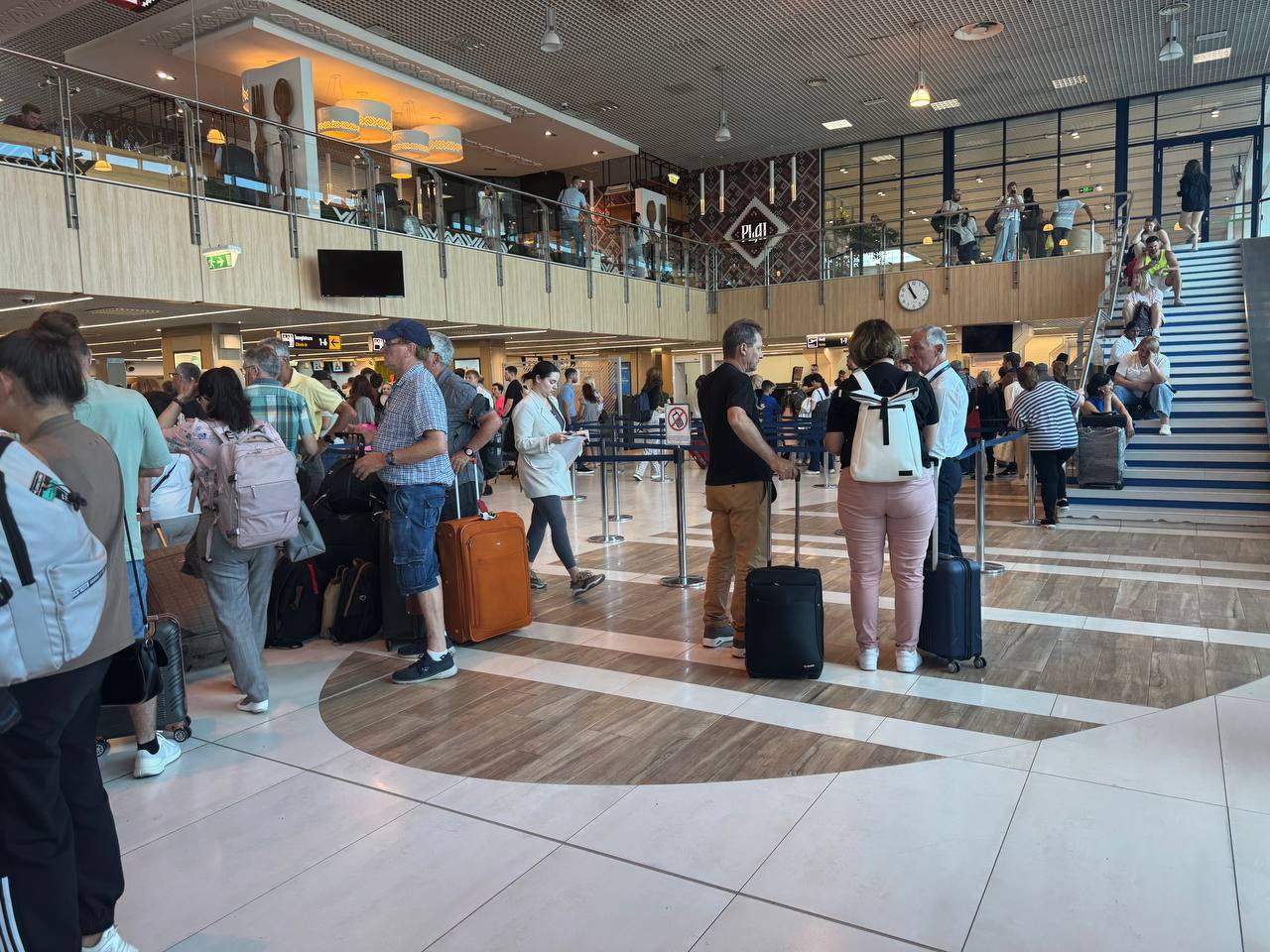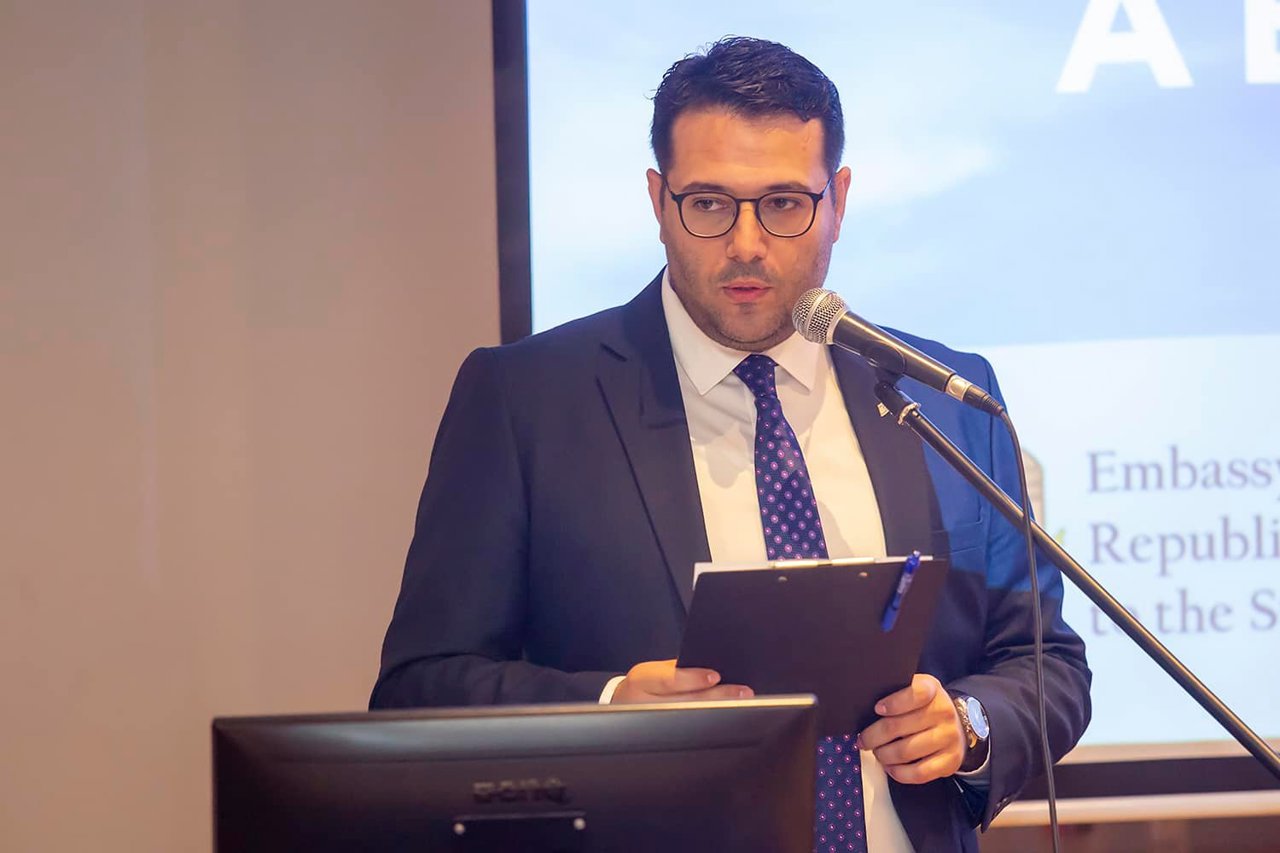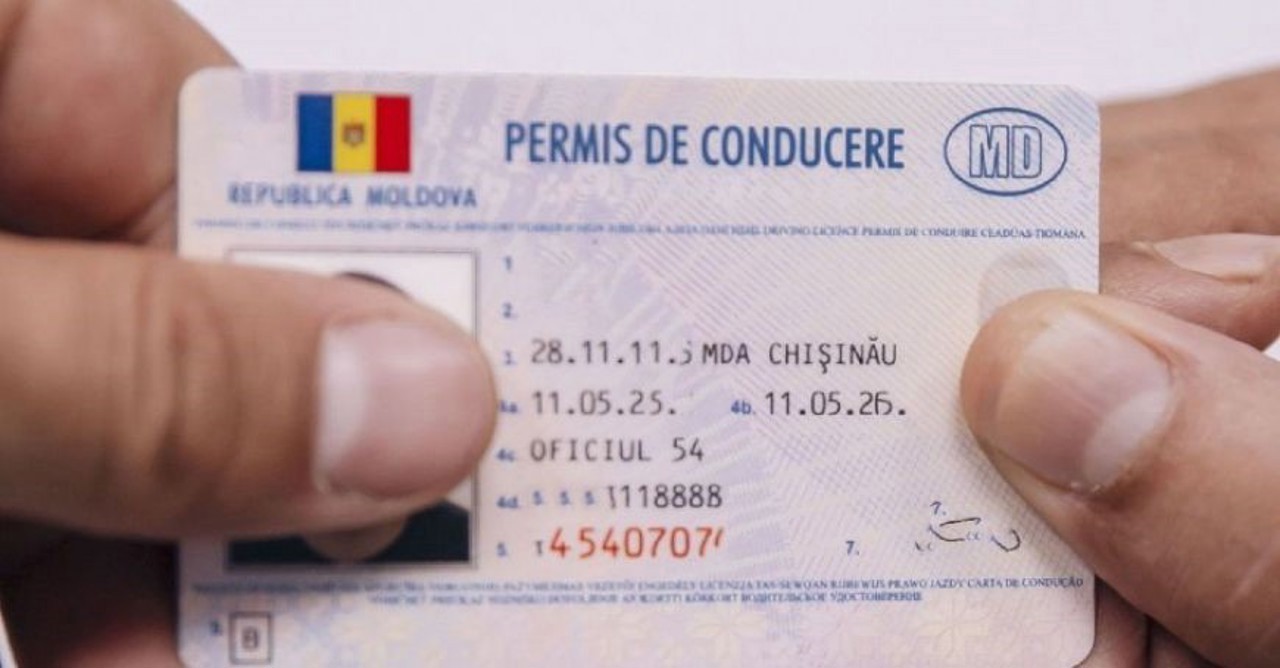Chisinau Airport outage blamed on Ukraine grid instability amid Russian bombardments

The technical malfunctions experienced on Monday, June 9, at Chișinău International Airport (AIC) were caused by the instability of Ukraine's electricity grid, which has been impacted by Russian Federation bombardments, stated Deputy Prime Minister Vladimir Bolea, Minister of Infrastructure and Regional Development.
According to the official, dozens of overnight voltage drops damaged a piece of equipment in the airport's energy infrastructure, despite it having three power supply lines – one main and two backup.
“There are two causes: the war and bombardments in Ukraine, and the fact that the Republic of Moldova, for 30 years (until 2021), failed to construct an electricity line that would guarantee its energy independence and connect all power lines internally with those in the European Union. This malfunction reconfirms the critical importance of the Vulcănești – Chișinău interconnection line. The Republic of Moldova remains dependent on the Ukrainian network, which is unstable due to the war,” explained Vladimir Bolea last night during a TVR Moldova broadcast.
The minister stated that, following the incident, some airport functionalities were temporarily switched to manual mode, and passenger information faced difficulties. By midday, the damage was repaired, and air traffic returned to normal.
Bolea affirmed that such incidents can only be avoided in the future through the completion of energy infrastructure projects.
“The problem will be resolved as soon as the construction of the Vulcănești – Chișinău network is completed, at which point the Republic of Moldova will achieve independence in electricity supply. Today we are making real efforts. Just last week, I was in Cahul, and everything is progressing. The Minister of Energy is making every effort to ensure they are put into operation as soon as possible,” concluded the minister.
Expert: Cyberattacks not ruled out
Security expert Andrei Curăraru highlights that cyberattacks on critical infrastructure pose a real threat in the region and that the Republic of Moldova could become a target for such actions, particularly in a pre-election context.
“In 2022–2023, there were several attacks in the region, particularly linked to the Killnet network (editor’s note – pro-Russian hacker group), which targeted Düsseldorf Airport and one in Romania. It is clear that these could recur in the Republic of Moldova. Furthermore, we even anticipate this, given the approaching elections,” warned the expert during the 'În Context' show on Moldova 1.
Curăraru considers it essential for the relevant authorities to clarify the exact nature of the incident at Chișinău International Airport, which was affected on Monday by a technical malfunction.
“It is essential to understand the nature of this crisis and for the airport authority to issue a technical report. We hope that nothing adversely affected the proper functioning of the airport’s critical systems. We must be understanding: technology appears infallible until it gives way. Transparency from the authorities is needed to clarify whether it was a cyberattack, an IT system update that could have generated an error, or a simple system malfunction,” Curăraru stated.
In the current geopolitical context, marked by uncertainty and hybrid threats, the expert underscores the importance of a well-coordinated institutional response.
“Clear strategies are needed regarding how to react if such incidents recur,” he states, adding that the Republic of Moldova benefits from support and cooperation from regional partners.
“We have very good communication with Romania on this topic, and to some extent, we are under the Romanian cyber shield. For this reason, I do not believe a large-scale attack that would affect critical systems is possible,” Andrei Curăraru concluded.
On Monday morning, some airport services experienced delays due to the temporary unavailability of certain information systems. By midday, Chișinău International Airport administration announced that the technical issue had been resolved.
Translation by Iurie Tataru




